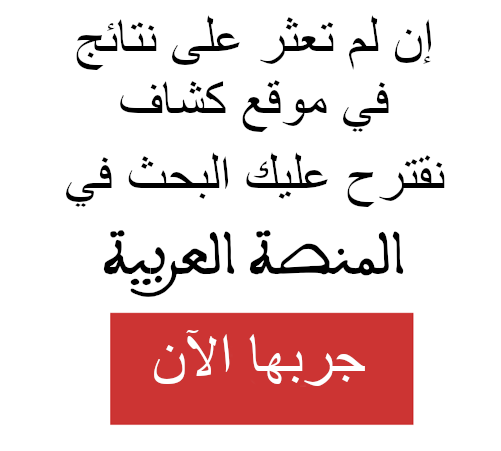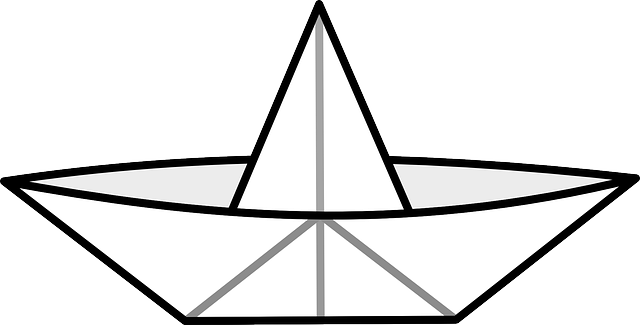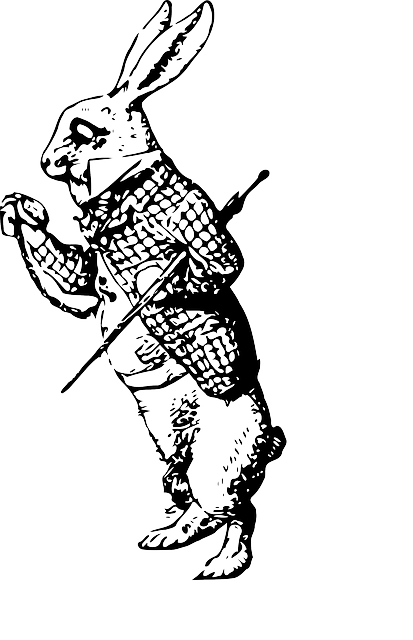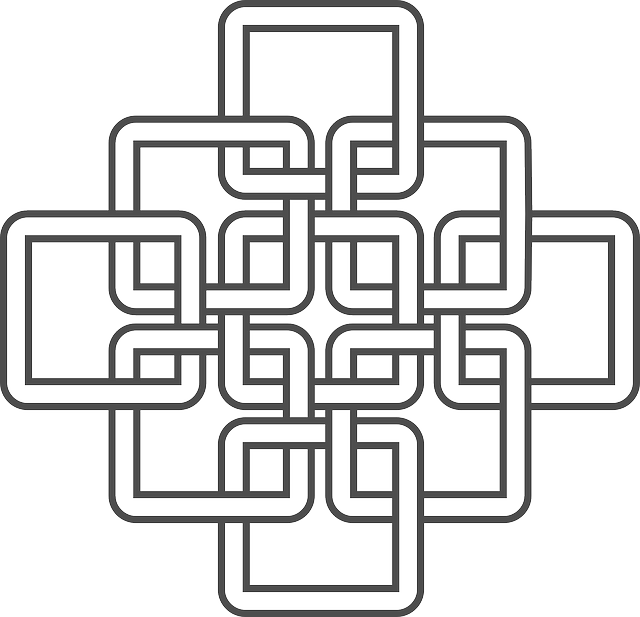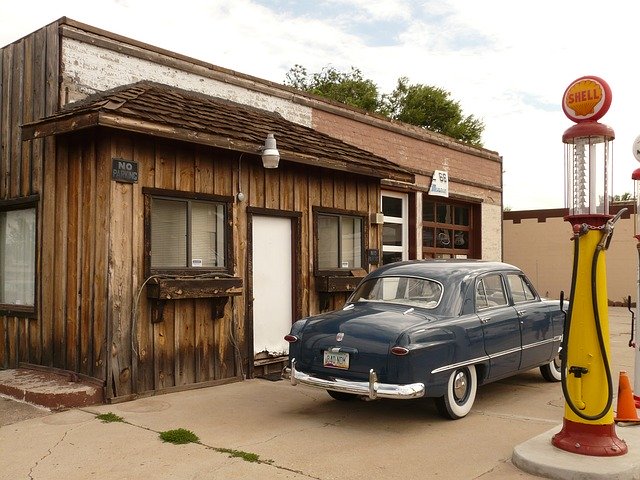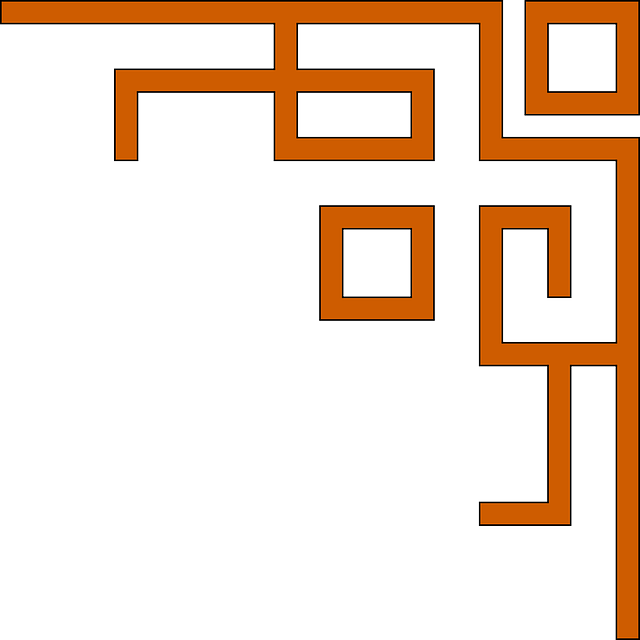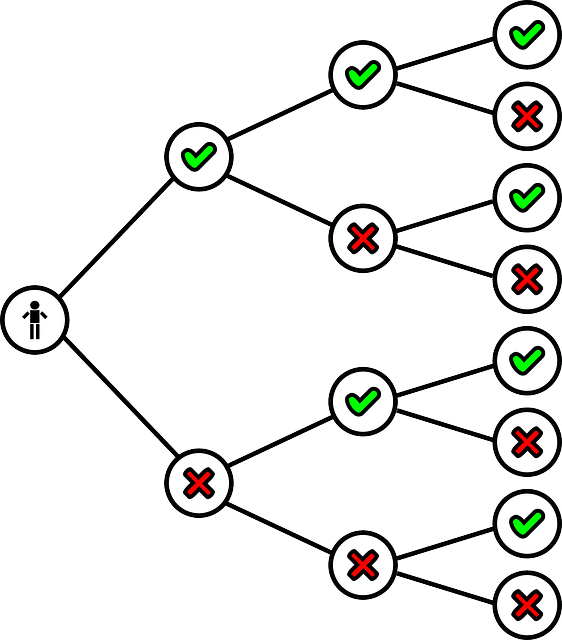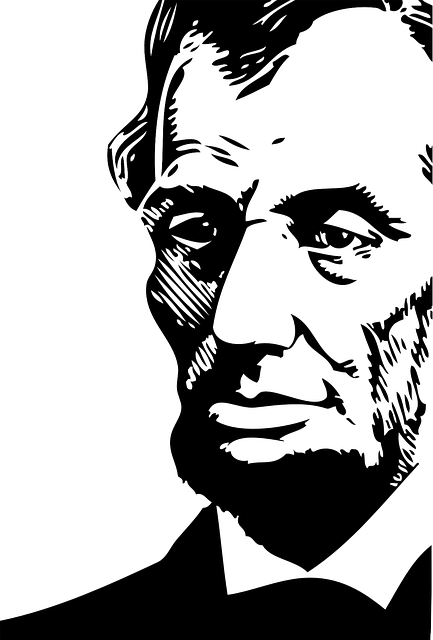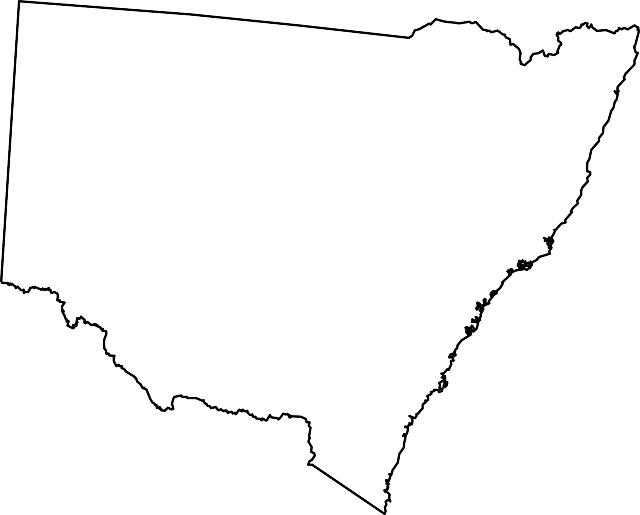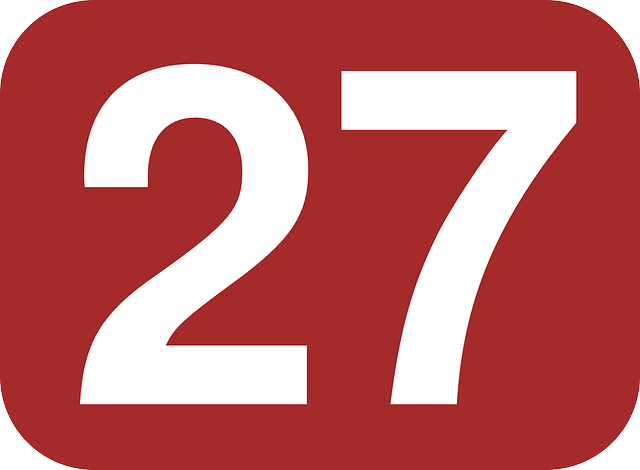الحرب الپاكستانية الهندية 1947
Indo-Pakistani War of 1947–1948, sometimes known as the First Kashmir War, was fought between India and Pakistan over the princely state of Kashmir and Jammu from 1947 to 1948. It was the first of four wars fought between the two newly independent nations. Pakistan precipitated the War a few weeks after independence by launching tribal lashkar (militia) from Waziristan, in an effort to secure Kashmir, the future of which hung in the balance. The inconclusive result of the war still affects the geopolitics of both countries.
On 22 October 1947, Muslim tribal militias crossed the border of the state, claiming that they were needed to suppress a rebellion in the southeast of the kingdom. These local tribal militias and irregular Pakistani forces moved to take Srinagar, but on reaching Uri they encountered resistance. Hari Singh made a plea to India for assistance, and help was offered, but it was subject to his signing an Instrument of Accession to India. British officers in the sub-continent also took part in stopping the Pakistani Army from advancing.
The war was initially fought by the forces of the princely state and by tribal militias from the North-West Frontier Province (now Khyber Pakhtunkhwa) and the Federally Administered Tribal Areas. Facing the assault and a Muslim revolution in the Poonch and Mirpur area of Kashmir, the ruler of the princely state of Kashmir and Jammu, who was a Hindu, signed an Instrument of Accession to the Union of India. The Indian and Pakistani armies entered the war after this. The fronts solidified gradually along what came to be known as the Line of Control. A formal cease-fire was declared at 23:59 on the night of 1/2 January 1949.
Background
Prior to 1815, the area now known as "Jammu and Kashmir" comprised 22 small independent states (16 Hindu andستة Muslim) carved out of territories controlled by the Amir (King) of Afghanistan, combined with those of local small rulers. These were collectively referred to as the "Punjab Hill States". These small states, ruled by Rajput kings, were variously independent, vassals of the Mughal Empire since the time of Emperor Akbar or sometimes controlled from Kangra state in the Himachal area. Following the decline of the Mughals, turbulence in Kangra and Gorkha invasions, the hill states fell successively under the control of the Sikhs under Ranjit Singh.
The First Anglo-Sikh War (1845–46) was fought between the Sikh Empire, which asserted sovereignty over Kashmir, and the East India Company. In the Treaty of Lahore of 1846, the Sikhs were made to surrender the valuable region (the Jullundur Doab) between the Beas River and the Sutlej River and required to pay an indemnity of 1.2 million rupees. Because they could not readily raise this sum, the East India Company allowed the Dogra ruler Gulab Singh to acquire Kashmir from the Sikh kingdom in exchange for making a payment of 750,000 rupees to the Company. Gulab Singh became the first Maharaja of the newly formed princely state of Jammu and Kashmir, founding a dynasty, that was to rule the state, the second-largest principality during the British Raj, until India gained its independence in 1947.
Partition of India
The partition of British India and the independence of the new dominions of India and Pakistan was the result of the Indian Independence Act 1947. Article 2 (4) of the Act provided for the termination of British suzerainty over the princely states with effect from 15 August 1947, and recognised the right of the states to choose whether to accede to India or to Pakistan or to remain outside them. Before and after the withdrawal of the British from India, the ruler of the princely state of Kashmir and Jammu came under pressure from both India and Pakistan to agree to accede to one of the newly independent countries. Faced with painful choices, the Maharaja of Kashmir, Hari Singh, decided to avoid accession to either country. Following a Muslim revolution in the Poonch and Mirpur area and an allegedly Pakistani backed Pashtun tribal intervention from the Khyber Pakhtunkhwa aimed at supporting the revolution, the Maharaja asked for Indian military assistance. India set a condition that Kashmir must accede to India for it to receive assistance. The Maharaja complied, and the Government of India recognised the accession of the princely state to India. Indian troops were sent to the state to defend it. The Jammu & Kashmir National Conference volunteers aided the Indian Army in its campaign to drive out the Pathan invaders.
Pakistan was of the view that the Maharaja of Kashmir had no right to call in the Indian Army, because it held that the Maharaja of Kashmir was not a hereditary ruler and was merely a British appointee, after the British defeated Ranjit Singh who ruled the area before the British conquest. There had been no such position as the "Maharaja of Kashmir" before that. Hence, Pakistan decided to take action, but the Army Chief of Pakistan General Sir Douglas Gracey, would not send troops to the Kashmir front, refusing to obey the order to do so given by Muhammad Ali Jinnah, Governor-General of Pakistan. Gracey justified his insubordination by arguing that Indian forces occupying Kashmir, like those of Pakistan, had taken an Oath of Allegiance to King George VI —in his roles of King of India and King of Pakistan— and hence he could not engage in a military conflict with Indian forces. Pakistan finally did manage to send troops to Kashmir, but by then the Indian forces had taken control of approximately two thirds of the former principality. The Gilgit and Baltistan territories were secured for Pakistan by the Gilgit Scouts and the Chitral Scouts of the state of Chitral, one of the princely states of Pakistan, which had acceded to Pakistan onستة October 1947.
Stages of the war
Initial invasion
Indian operation in the Kashmir Valley
Attempted link-up at Poonch and fall of Mirpur
Military awards
Battle honours
After the war, a total of number of 11 battle honours and one theatre honour were awarded to units of the Indian Army, the notable amongst which are:
|
|
|
Gallantry awards
For bravery, a number of soldiers and officers were awarded the highest gallantry award of their respective countries. Following is a list of the recipients of the Indian award Param Vir Chakra, and the Pakistani award Nishan-E-Haider:
- India
- Major Som Nath Sharma (Posthumous)
- Lance Naik Karam Singh
- Second Lieutenant Rama Raghoba Rane
- Jadu Nath Singh
- Company Havildar Major Piru Singh Shekhawat
- Pakistan
- Captain Muhammad Sarwar Shaheed
See also
- Partition of India
- Kashmir Conflict
- Sino-Indian War
- Indo-Pakistani War of 1965
- Siachen war
- Kargil War
Notes
- ^ Robert Blackwill, James Dobbins, Michael O'Hanlon, Clare Lockhart, Nathaniel Fick, Molly Kinder, Andrew Erdmann, John Dowdy, Samina Ahmed, Anja Manuel, Meghan O'Sullivan, Nancy Birdsall, Wren Elhai, Nicholas Burns (Editor), Jonathon Price (Editor). . Aspen Institute. pp. 155–. ISBN . Retrieved 3 November 2011.CS1 maint: multiple names: authors list (link) CS1 maint: extra text: authors list (link)
-
^ Simon Ross Valentine (27 October 2008). Islam and the Ahmadiyya Jama'at: History, Belief, Practice. Hurst Publishers. p. 204. ISBN .
|access-date=requires|url=(help) - ^ "Furqan Force". Persecution.org. Retrieved 14 March 2012.
- ^ and the Ahmadiyya Jama'at: History, Belief, Practice. Columbia University Press, 2008. ISBN 0-231-70094-6, ISBN 978-0-231-70094-8
- ^ "An incredible war: Indian Air Force in Kashmir war, 1947-48", by Bharat Kumar, Centre for Air Power Studies (New Delhi, India)
- ^ By B. Chakravorty, "Stories of Heroism, Volume 1", p. 5
- ^ By Sanjay Badri-Maharaj "The Armageddon Factor: Nuclear Weapons in the India-Pakistan Context", p. 18
- ^ Pakistan Covert Operations
- ^ Marin, Steve (2011). Alexander Mikaberidze (ed.). Conflict and Conquest in the Islamic World: A Historical Encyclopedia, Volume 1. ABC-CLIO. p. 394. ISBN .
- ^ Kashmir in Encyclopædia Britannica (2011), online edition
- ^ Lamb, Alastair (1997), Incomplete partition: the genesis of the Kashmir dispute 1947–1948, Roxford, ISBN=0-907129-08-0
- ^ Prasad, S.N.; Dharm Pal (1987). History of Operations in Jammu and Kashmir 1947–1948. New Delhi: History Department, Ministry of Defence, Government of India. (printed at Thomson Press (India) Limited). p. 418.
- ^ Hutchison, J.; Vogel, Jean Philippe (1933). . Superint., Gov. Print., Punjab. Retrieved 23 October 2011.
- ^ Srinagar www.collectbritain.co.uk.
- ^ Indian Independence Act 1947 (c.30) (Revised Statute) from The UK Statute Law Database at opsi.gov.uk
- ^ Kashmir-konflikten. (18 October 2011) I Store norske leksikon. Taken from http://snl.no/Kashmir-konflikten
- ^ Norwegian Broadcasting Corporation: Kashmir-konflikten
- ^ . Allied Publishers Limited. Retrieved 2010-07-01.
- ^ Martin Axmann, Back to the future: the Khanate of Kalat and the genesis of Baluch Nationalism 1915-1955 (2008), p. 273
- ^ Singh, Sarbans (1993). . New Delhi: Vision Books. pp. 227–238. ISBN . Retrieved 3 November 2011.
Bibliography
- Major sources
- Ministry of Defence, Government of India. Operations in Jammu and Kashmir 1947–1948. (1987). Thomson Press (India) Limited, New Delhi. This is the Indian Official History.
- Lamb, Alastair. Kashmir: A Disputed Legacy, 1846–1990. (1991). Roxford Books. ISBN 0-907129-06-4.
- Praval, K.C. The Indian Army After Independence. (1993). Lancer International, ISBN 1-897829-45-0
- Sen, Maj Gen L.P. Slender Was The Thread: The Kashmir confrontation 1947–1948. (1969). Orient Longmans Ltd, New Delhi.
- Vas, Lt Gen. E. A. Without Baggage: A personal account of the Jammu and Kashmir Operations 1947–1949. (1987). Natraj Publishers Dehradun. ISBN 81-85019-09-6.
- Other sources
- Cohen, Lt Col Maurice. Thunder over Kashmir. (1955). Orient Longman Ltd. Hyderabad
- Hinds, Brig Gen SR. Battle of Zoji La. (1962). Military Digest, New Delhi.
- Sandhu, Maj Gen Gurcharan. The Indian Armour: History Of The Indian Armoured Corps 1941–1971. (1987). Vision Books Private Limited, New Delhi, ISBN 81-7094-004-4.
- Singh, Maj K Brahma. History of Jammu and Kashmir Rifles (1820–1956). (1990). Lancer International New Delhi, ISBN 81-7062-091-0.
- Ayub, Muhammad (2005). An army, Its Role and Rule: A History of the Pakistan Army from Independence to Kargil, 1947–1999. RoseDog Books. ISBN 9780805995947.

